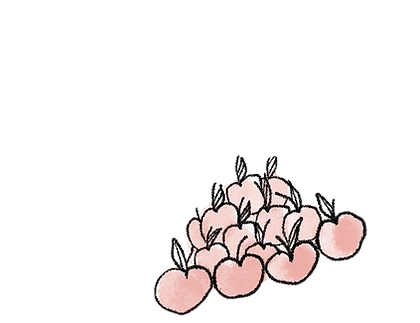

SHABBAT +



There is only one Jewish holiday that we celebrate every single week: Shabbat, the Day of Rest — the “queen” of our festivals.
Shabbat is the best-known and yet the least understood of all Jewish observances. Many who do not keep Shabbat imagine it as a day of restriction and prayer. Those who are shomer Shabbat, however, see it as a unique divine gift — something we anticipate throughout the week, a time during which we are freed from the pressures and distractions of daily life, allowing the entire day to be devoted to ourselves and to higher, sacred purposes. In Jewish literature, poetry, and music, Shabbat is portrayed as a queen — as we sing in the beloved Friday-night hymn, “Lecha Dodi, likrat kalah,” welcoming the Shabbat bride. And indeed, as the famous saying goes: “More than the Jews have kept Shabbat, Shabbat has kept the Jews.”
Shabbat is perhaps the most central commandment in the entire Jewish tradition.
It is one of the Ten Commandments: “Remember the Sabbath day and keep it holy.” In today’s world, the five-day workweek feels so natural that it is hard to grasp how radical the idea of a weekly day of rest was in the ancient world. At that time, rest was a privilege reserved for the wealthy, not for those who labored for their livelihood. There is no parallel to Shabbat in any other civilization of that era. The Greeks, for example, considered the Jews lazy for dedicating one day each week to rest.
Shabbat begins with sunset on Friday and departs 25 hours later, with nightfall on Saturday evening. It is a time of peace and rest — a day that stands apart from the rush of the week, allowing space for family and communal togetherness. According to the Torah, it was on the seventh day that the Eternal created rest. The Hebrew root of the word Shabbat is the three-letter combination shin–bet–tav (שבת), meaning rest, cessation, and disengagement. Yet observing Shabbat is far more than simply refraining from work. Shabbat is a harmonious balance of active physical and spiritual practices: prayer, singing, festive meals, Torah study, family life, visits with friends, leisurely walks, and community gatherings. Shabbat embodies the core values of Judaism — the fundamental messages the Jewish people offer the world: the sanctity of human life, the relationship between God and the people of Israel, the warmth of family life, joyful spirituality, and a glimpse of the messianic age.



